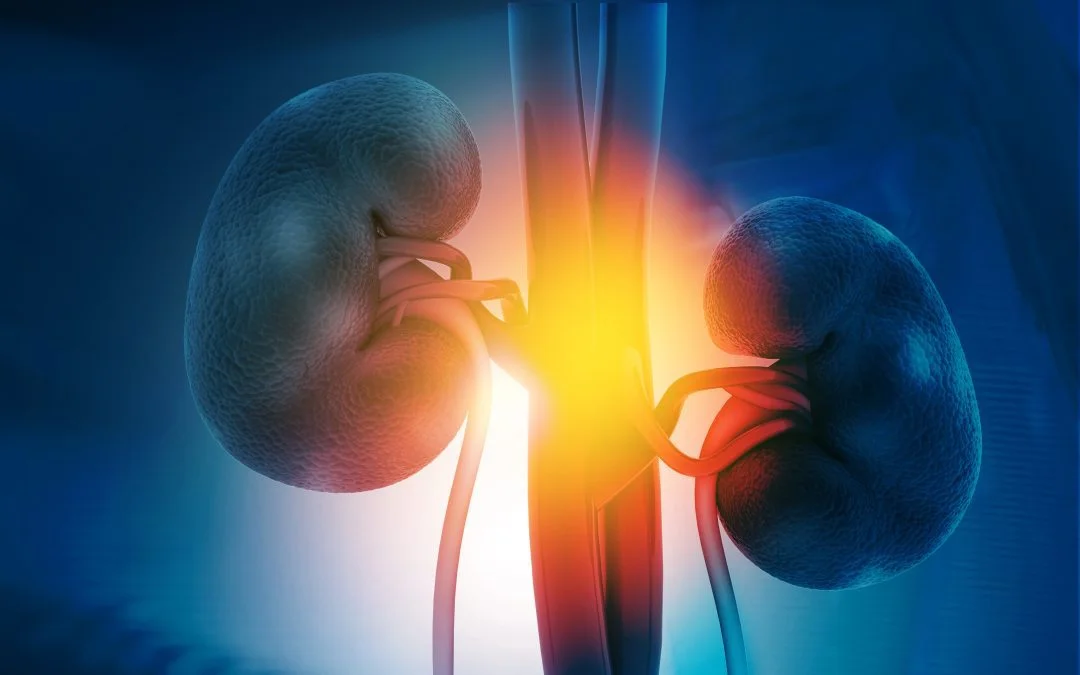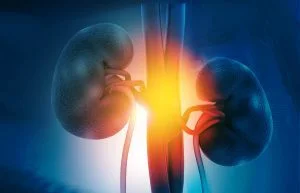
Things You Need to Know About Kidney Stones
Kidney stones
If you know someone who is at risk of developing kidney stones, or if you have them yourself, this article will tell you everything you need to know about them. Keep reading to find out more about kidney stones, the causes, treatment options and preventative measures, and how Z Urology can help!
What Are the Symptoms of Kidney Stones?
If you have a kidney stone, you might not know it, or you might experience mild to severe pain in your abdomen, or groin. You might also have blood in your urine, feel like you need to urinate frequently, and have a constant urge to go to the bathroom. Kidney stones can also cause nausea, vomiting, and fatigue.
Large stones may block the flow of urine, which can lead to infection, blood in the urine, and pain when urinating. If you’re concerned that you might have a kidney stone, make an appointment with a urologist as soon as possible. They will be able to perform a physical exam among other tests to determine if you have a kidney stone based on the symptoms you’re experiencing.
What Causes Kidney Stones?
Kidney stones are caused by the formation of crystals in your kidneys. These crystals are minerals that come from your diet and combine to form a solid mass. As mentioned above, they’re mostly composed of calcium, uric acid, and phosphorus. Calcium is an essential mineral that is involved in many critical bodily processes, including the production of bones and teeth.
Uric acid is produced as a by-product of the breakdown of certain foods, such as red meat and certain vegetables. If you consume too much uric acid, it can lead to the formation of kidney stones.
How Are Kidney Stones Diagnosed?
If you’re experiencing symptoms of kidney stones, your urologist will likely perform a urine test, physical exam, and possibly an x-ray. A urinalysis can indicate the presence of blood or crystals in the urine, which can indicate a kidney stone. In some cases, they may order a CT scan or MRI to determine the exact location of the stone and its size.
One thing you should avoid is trying to diagnose a case of kidney stones by yourself. You should always go to a urologist to verify whether you have kidney stones or not as your symptoms could be caused by another medical problem altogether.
Treating Kidney Stones
If you’re diagnosed with a kidney stone, your doctor will likely prescribe pain medications and analgesic drugs to help alleviate the pain. In some cases, they may suggest surgery to remove the stone. If the stone is small enough, doctors may try to break it up and flush it out of your system without having to remove it surgically.
There are also natural remedies that you can use to help dissolve the stone. These include drinking lots of water and cranberry juice which contains high levels of acid that can help break down the stone, increasing your intake of magnesium. This can help prevent the formation of stones and taking herbs like alfalfa, parsley, and cornsilk to reduce the amount of uric acid in the body.
Keep in mind, you should never rely on home remedies alone when you have kidney stones. The best thing to do is to see a urologist and seek professional treatment.
Preventing Kidney Stones
If you’ve had a kidney stone in the past, you’re more likely to develop more in the future depending on your diet and lifestyle. However, there are some things you can do to lower your risk. For one thing, you should eat a balanced diet that includes plenty of fruits and vegetables, as well as whole grains, legumes, and nuts. You should also drink lots of water because it can help reduce the amount of calcium in the body.
You should also change your diet if you’re at risk of developing kidney stones. If you’re at a high risk of developing stones, you should avoid high-protein foods, such as red meat. You should also avoid foods that are high in oxalates as oxalates can contribute to a higher risk of developing kidney stones.
Why You Should See a Urologist When You Have Kidney Stones
Kidney stones are a serious health condition that can lead to extreme pain and even a medical emergency if not treated properly. If you’re experiencing symptoms of kidney stones, it’s important to seek treatment as soon as possible.
If you have kidney stones presently or if you have had them in the past, it’s a good idea to see a urologist. A urologist is a doctor who specializes in diseases of the urinary tract, particularly kidney stones. Urologists can help you manage your condition and prevent future kidney stones from forming.
They can also help you determine the best treatment options for your kidney stones. In addition to providing treatment for people who currently have kidney stones, urologists can also help people who are at risk of developing them in the future by providing dietary advice and suggesting certain lifestyle changes.
When you’ve had kidney stones in the past, you can lower your risk of developing them in the future by eating a balanced diet that includes plenty of fruits and vegetables, drinking lots of water, and avoiding high-protein foods.
Think You Have Kidney Stones? Call Z Urology!
As you have discovered, kidney stones can be serious which is one of many reasons why you should get in touch with a urologist as soon as you can. If you live in South Florida and you have kidney stones, you should know that Z Urology is one of the most highly trusted urology clinics in the area.
If you need treatment for kidney stones in South Florida, you need to call our team at Z Urology today!
We can’t wait to hear from you!


Recent Comments